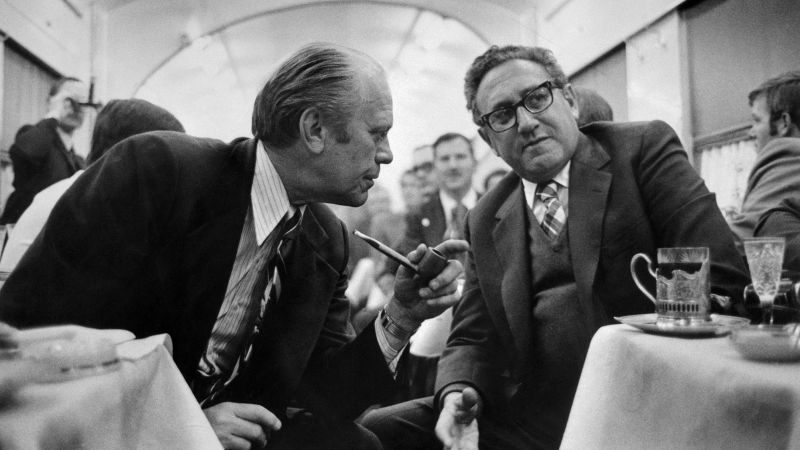some highlights
This week, as Kissinger celebrates his 100th birthday on May 27, it is reasonable to look back and examine his heritage and how he has impacted – for better or on occasion, for worse – the world that has served as his canvas.
Five years later Kissinger became a naturalized American and at the end of World War II, entered Harvard where he would eventually graduate, win his PhD and become a distinguished professor of government **and, in the interest of full disclosure, one of my teachers. **
In fact, the way this victory was finally structured led to the creation of a nation that is today a bulwark of capitalism – and as the US seeks to diversify away from China, at least in economic terms, a most valued partner if not outright ally.
Along the way there were other issues into which Kissinger felt it necessary to insert himself – a civil war in East Pakistan that led to its breakoff as the nation of Bangladesh; supporting Indonesian actions to prevent independence of the island of East Timor; a host of interventions in Latin America including CIA-backed military coups to remove the Socialist president of Chile, Salvador Allende, and Argentina’s Isabel Perón; and across Africa where he cemented relations with Zaire dictator Mobutu Sese Seko and pressed for black majority rule in Rhodesia (now Zimbabwe).
Many of these stances seem in retrospect to have been deeply misguided, especially his moves in Latin America and Africa.
But at the time, at the height of the Cold War’s confrontation and competition between the US and the Soviet Union, they were hardly misguided. It is only in recent years that much of the rest of Kissinger’s world has threatened to go careening off the rails he so carefully established.



:thonk: